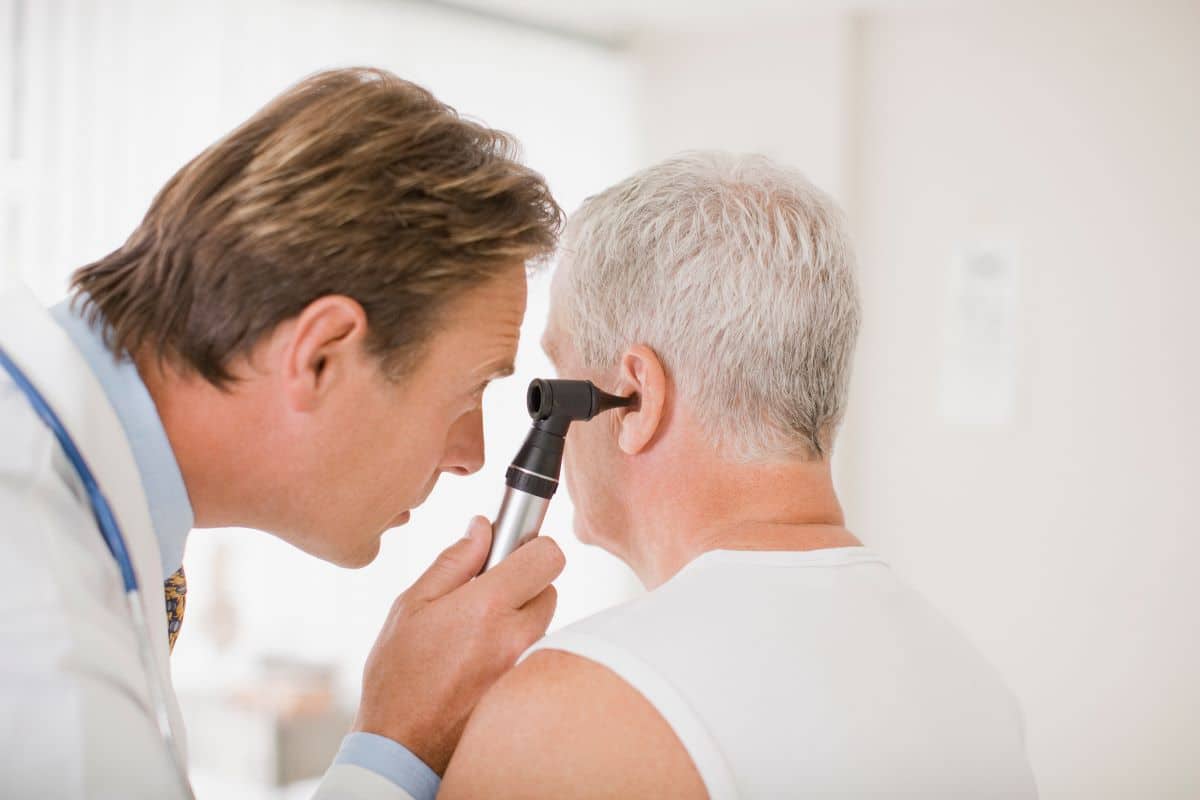What Is an Acoustic Neuroma?

An acoustic neuroma is one potential cause of hearing loss, numbness and facial paralysis. This benign tumor develops on the nerve that connects the ear to the brain and presses against the hearing and balance nerve as it grows. If it becomes large enough, it can press against the brain and become life-threatening.
If you’ve been diagnosed with an acoustic neuroma, it’s easy to feel anxious and overwhelmed. At Toledo Clinic ENT, we can guide you through the next steps while ensuring that you receive the highest quality treatment.
What Are the Symptoms of an Acoustic Neuroma?
Symptoms initially may be difficult to notice, since acoustic neuromas typically grow slowly. Early symptoms might include tinnitus or gradual hearing loss.
If the tumor continues to grow, additional symptoms are likely to develop. These include:
- Dizziness and vertigo
- Facial numbness and weakness
- A tingling sensation in the face
- Changes in taste
- Hoarseness
- Difficulty swallowing
- Headaches and confusion
What Are the Types of Acoustic Neuromas?
- Unilateral acoustic neuroma: The most common type of acoustic neuroma, this affects one ear and typically develops in people ages 30 to 60 . It is the result of environmental factors, including radiation exposure to the head.
- Bilateral acoustic neuroma: A smaller percentage of acoustic neuromas are the result of an inherited genetic disorder called neurofibromatosis type II (NF2). Tumors develop on the balance nerves on both sides of the head.
How Are Acoustic Neuromas Diagnosed?
Our otolaryngologist will begin by reviewing your symptoms, how long they’ve lasted and their severity. A hearing test and imaging tests, such as CT or MRI scans, will also be performed.
What Treatment Options Are Available?
If the tumor stays small and few symptoms are present, you may only need to have it checked regularly. Your doctor will monitor it with imaging tests every six to 12 months.
For larger tumors or ones that are causing symptoms, treatment options include surgery and radiation. Our specialist may also recommend treatment to support hearing or facial function.
We’re Here for You
Dealing with an acoustic neuroma can feel overwhelming, but we’re here to guide you through the process. Whether treatment or monitoring the best option, you don’t have to deal with this on your own. Our team at Toledo Clinic ENT is by your side.